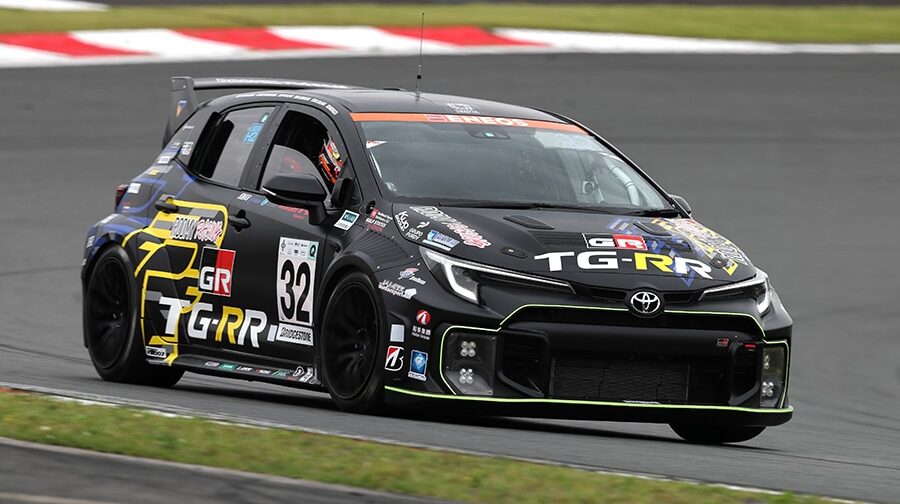Toyota's Advancements in Eneos Super Taikyu Series 2025 with Hydrogen Innovation
Key Ideas
- Toyota enters the Eneos Super Taikyu Series 2025 with two innovative vehicles - one powered by low-carbon E20 gasoline and the other by liquid hydrogen.
- The focus is on enhancing the durability and performance of liquid hydrogen systems for the 24-hour race, aiming to gather data for future development of motorsports-bred cars.
- In addition to hydrogen technology, Toyota emphasizes the importance of accelerating the adoption of carbon-neutral liquid fuels like low-carbon gasoline to achieve carbon neutrality in existing vehicles.
- Technical upgrades for the GR Corolla include an automatic combustion switch, improved hydrogen filling speed, lightweight design improvements, and adoption of aluminum wiring for weight reduction and corrosion prevention.
Toyota Motor Corporation is venturing into the Eneos Super Taikyu Series 2025 with a strategic focus on innovation and sustainability. The team will participate in Round 3 of the series, the NAPAC Fuji 24 Hours Race, fielding two vehicles: the #28 TGRR GR86 Future FR concept powered by low-carbon E20 gasoline and the #32 TGRR GR Corolla H2 concept fueled by liquid hydrogen. Toyota's history with hydrogen technology dates back to 2023 when the GR Corolla became one of the first vehicles to utilize liquid hydrogen in a direct-injection engine.
After facing challenges in the previous year's race, Toyota aims to showcase a more reliable vehicle and liquid hydrogen system that can run for the entire 24 hours. The company plans to leverage the data obtained from this race for future development of motorsports-inspired cars. Alongside hydrogen technology, Toyota highlights the significance of promoting carbon-neutral liquid fuels, starting with low-carbon gasoline, to achieve carbon neutrality in existing vehicle fleets.
For the upcoming race, Toyota has implemented various technical upgrades for the GR Corolla, including an automatic combustion switch, enhanced hydrogen filling speed and safety, lightweight design improvements, and the adoption of aluminum wiring for weight reduction and corrosion prevention. These advancements reflect Toyota's commitment to continuous innovation and sustainability in the automotive sector.
In parallel news, JCB has attained full EU type approval for its hydrogen engine for non-road mobile machinery, marking a significant achievement in the company's hydrogen technology development efforts.
